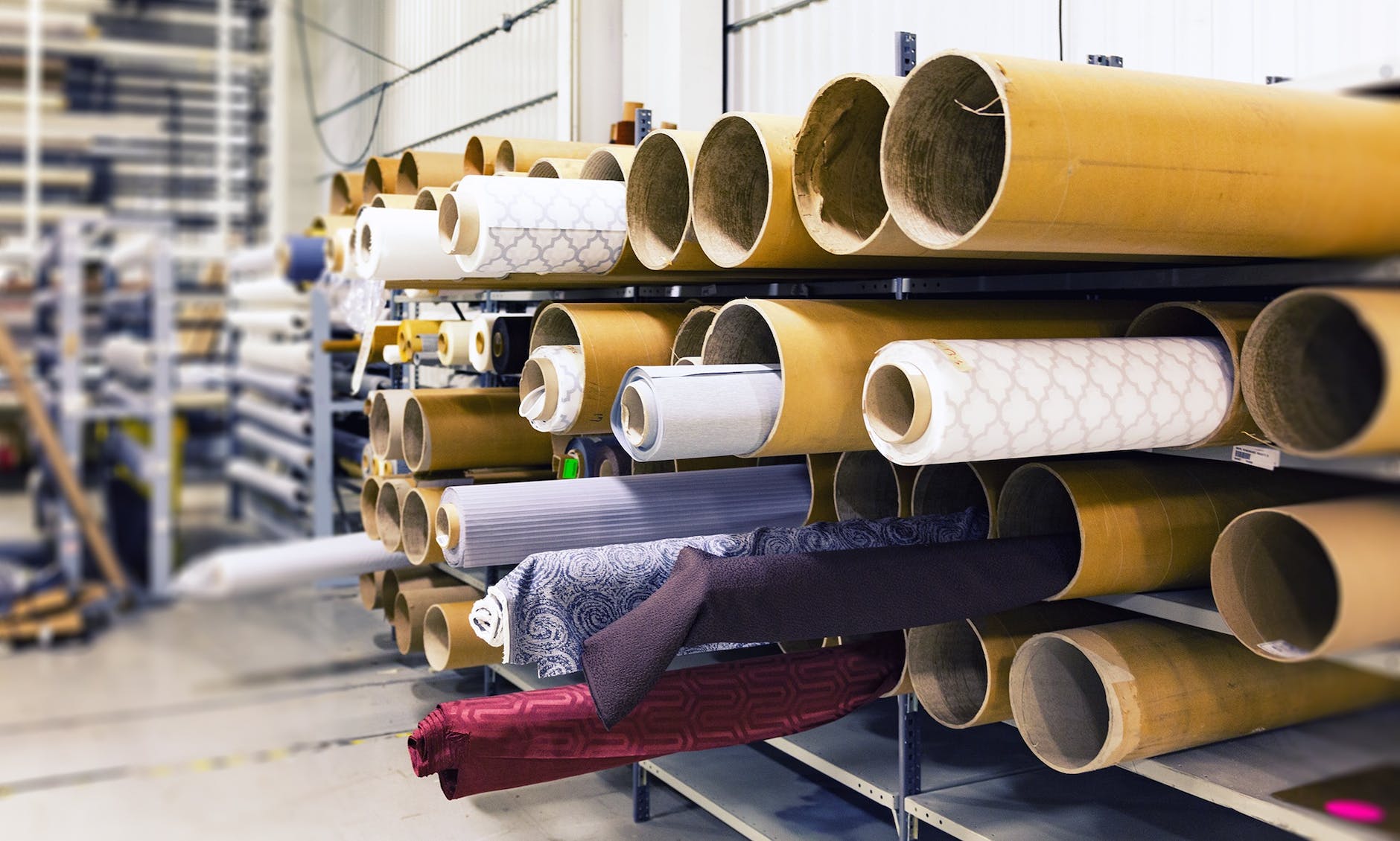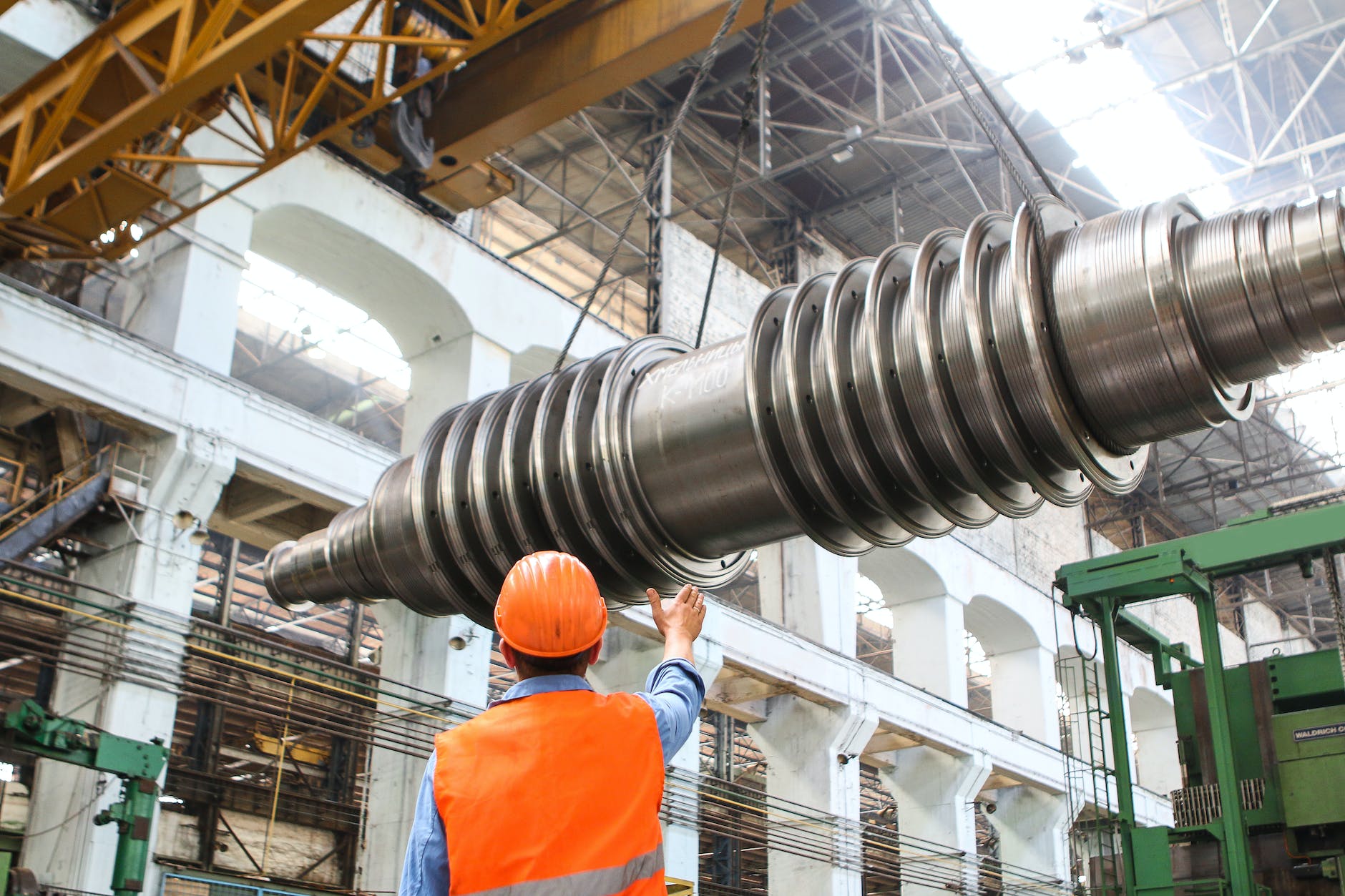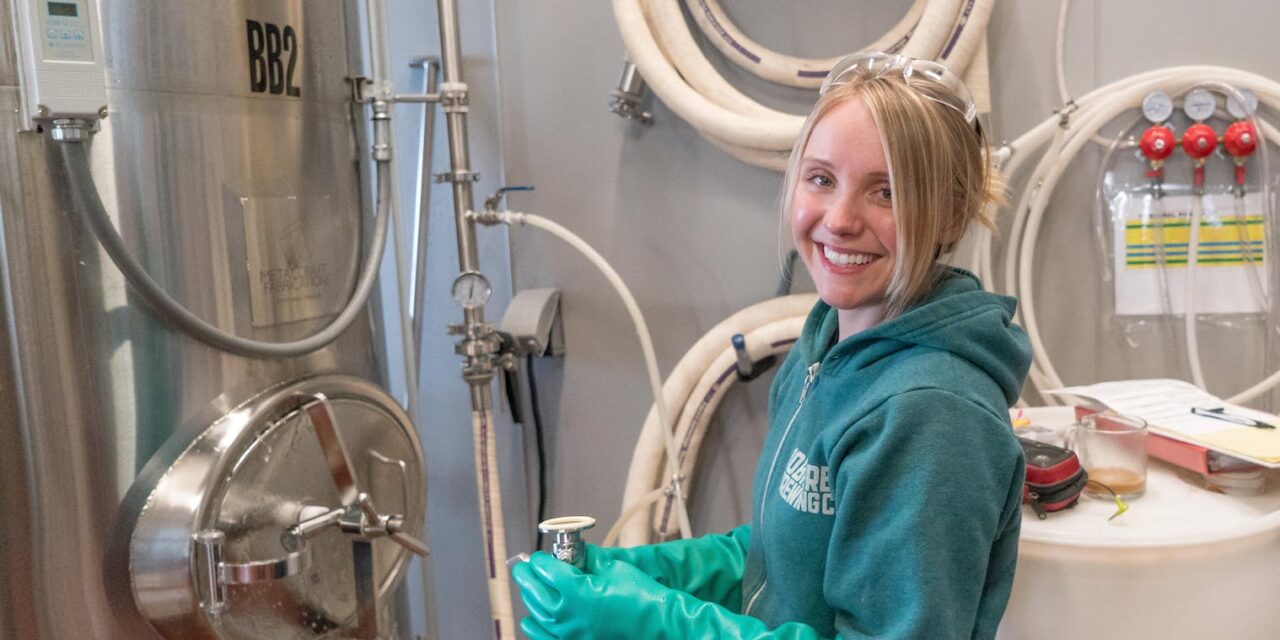Dubai’s strategic location and business-friendly environment have made it an attractive destination for investment in the manufacturing sector. The UAE government has launched a ten-year strategy to increase the output and value-addition of the manufacturing sector, with the aim of making Dubai a preferred manufacturing platform for global businesses. The plan includes promoting environmentally friendly and energy-efficient manufacturing and making Dubai a centre for the global Islamic products market.
- Dubai’s Strategic Location
- Business-Friendly Environment in Dubai
- Infrastructure and Logistics
- Investment Opportunities in Manufacturing Sector
- Innovation and Technology in Manufacturing
- Dubai’s Industrial Strategy and Vision
- Partnerships and Trade Agreements
- Dubai’s Talent Pool and Workforce
- Challenges and Opportunities
- Frequently Asked Questions
- What are the benefits of investing in manufacturing industries in Dubai?
- How does Dubai’s strategic location impact manufacturing industries?
- What incentives does Dubai offer to attract manufacturing businesses?
- What is the industrial strategy of Dubai for 2030?
- How does Dubai’s business environment support manufacturing industries?
- What are some success stories of manufacturing businesses in Dubai?
Dubai’s location in the heart of the Gulf countries, Indian subcontinent, Commonwealth of Independent States (CIS), and Africa presents a plethora of opportunities for a wide range of sectors. Its proximity to major markets in Asia, Europe, and Africa, as well as its world-class infrastructure and logistics capabilities, make it an ideal location for manufacturing businesses looking to expand their global reach. The UAE’s open economy, liberal trade policies, and low tax rates have also made it a popular destination for foreign investment.
Moreover, Dubai has been actively promoting innovation and technology in the manufacturing sector. The government has launched several initiatives to encourage research and development, including the Dubai Industrial Strategy 2030, which aims to transform Dubai into a leading industrial hub. Additionally, the Dubai Industrial City, a dedicated industrial park, provides a platform for businesses to establish their manufacturing operations in Dubai. With its strategic location, business-friendly environment, and focus on innovation, Dubai is well-positioned to become a global manufacturing hub.
Dubai’s Strategic Location
Dubai’s strategic location makes it an ideal location for investment in manufacturing industries. The city is situated at the crossroads of Europe, Asia, and Africa, providing easy access to major global markets. In this section, we will explore the key factors that make Dubai’s location a strategic advantage for manufacturing industries.
Proximity to Africa and Middle East
Dubai’s location at the crossroads of Africa and the Middle East provides a unique advantage for manufacturing industries. The city is located within a four-hour flight from one-third of the world’s population, which includes the Middle East, Africa, and South Asia. This proximity provides easy access to these markets, making Dubai an ideal location for manufacturing companies that want to expand their reach.
Access to Regional Markets
Dubai’s location also provides easy access to regional markets. The city is well-connected to the Gulf Cooperation Council (GCC) countries, which include Bahrain, Kuwait, Oman, Qatar, Saudi Arabia, and the United Arab Emirates. These countries are home to a combined population of over 50 million people, providing a significant market for manufacturing industries.
Dubai as a Trading Hub
Dubai’s strategic location has made it a major trading hub for the region. The city is home to the largest port in the Middle East, which handles over 13 million containers annually. Additionally, Dubai International Airport is one of the busiest airports in the world, with over 86 million passengers passing through it in 2019. This infrastructure provides easy access to global markets, making Dubai an ideal location for manufacturing companies that want to expand their reach.
In conclusion, Dubai’s strategic location, coupled with its business-friendly environment, makes it an ideal location for investment in manufacturing industries. The city’s proximity to Africa and the Middle East, access to regional markets, and status as a major trading hub provide a unique advantage for manufacturing companies that want to expand their reach.
Business-Friendly Environment in Dubai
Dubai’s strategic location and business-friendly environment make it an ideal location for investment in manufacturing industries. The city has been continuously improving its business environment to attract more foreign investors. Here are some of the reasons why Dubai is a business-friendly destination for manufacturing industries.
Ease of Doing Business
Dubai has a reputation for being one of the easiest places in the world to start and run a business. The government has implemented several initiatives to streamline the process of setting up a company. Dubai ranks first globally in start-up days and procedures. The city has also implemented a one-stop-shop system, which allows investors to complete all the necessary paperwork and procedures in one place. This system has significantly reduced the time and effort required to set up a business in Dubai.
Incentives for Foreign Investors
Dubai offers several incentives to foreign investors to encourage them to invest in the city. The government provides tax exemptions for up to 50 years for companies operating in free zones. Moreover, foreign investors can own 100% of their business in free zones, which is not possible in other parts of the city. Dubai also offers low import duties, making it an attractive destination for companies that import raw materials.
Government Support
The Dubai government is committed to supporting businesses and has implemented several policies to facilitate the growth of the manufacturing industry. The government provides grants and subsidies to companies that invest in research and development. The government also provides support to companies that export their products by providing assistance with logistics and marketing.
Regulations
Dubai has a comprehensive legal framework that protects the rights of businesses and investors. The city has implemented several regulations to ensure fair competition and protect intellectual property rights. The government has also established several agencies to regulate and oversee various industries, ensuring that businesses operate in a transparent and ethical manner.
In conclusion, Dubai’s business-friendly environment, ease of doing business, incentives for foreign investors, government support, and comprehensive regulations make it an ideal location for investment in manufacturing industries.
Infrastructure and Logistics
Dubai’s strategic location and business-friendly environment make it an ideal location for investment in manufacturing industries. The city’s infrastructure and logistics capabilities are world-class, providing a seamless experience for businesses that need to move goods and products across the globe.
World-Class Infrastructure
Dubai has invested heavily in its infrastructure, with modern roads, bridges, and tunnels that connect the city to neighboring countries. The city’s transportation network is also top-notch, with a well-connected metro system and an extensive bus network. These features make it easy for businesses to move goods and people around the city quickly and efficiently.
Ports and Airports
Dubai is home to one of the world’s busiest ports, the Jebel Ali Port, which is strategically located near the city’s industrial areas. The port is equipped with state-of-the-art facilities and equipment, making it an ideal location for businesses that need to import or export goods. Dubai is also home to two major airports, Dubai International Airport and Al Maktoum International Airport, which provide air cargo services to businesses around the world.
Logistics Hub
Dubai’s logistics capabilities are second to none, with a well-established logistics sector that provides a range of services to businesses. The city’s logistics companies offer everything from freight forwarding to warehousing and distribution, making it easy for businesses to manage their supply chains. Dubai’s logistics hub is also home to a number of free zones, which offer businesses tax exemptions and other incentives.
Overall, Dubai’s infrastructure and logistics capabilities make it an ideal location for businesses that need to move goods and products across the globe. With its world-class infrastructure, ports, airports, and logistics hub, Dubai provides a seamless experience for businesses that need to manage their supply chains efficiently.
Investment Opportunities in Manufacturing Sector
Dubai’s strategic location and business-friendly environment make it an ideal location for investment in manufacturing industries. The manufacturing sector in the UAE has been growing steadily, and Dubai is at the forefront of this growth. Investors looking for opportunities in the manufacturing sector will find a wide range of options in Dubai.

Industrial Manufacturing
Dubai’s industrial manufacturing sector is one of the largest in the country. The government has launched various initiatives to support the growth of this sector, including Operation 300bn, which aims to raise the industrial sector’s contribution to the GDP from AED 133 billion to AED 300 billion by 2031. The sector includes companies involved in the production of machinery, equipment, and other industrial products.
Investors looking to invest in industrial manufacturing can take advantage of Dubai’s strategic location, which provides easy access to markets in the Middle East, Africa, and Asia. The government also offers various incentives to attract investors, including tax exemptions, reduced customs duties, and subsidized land.
Food and Beverage Manufacturing
Dubai’s food and beverage manufacturing sector is another area of opportunity for investors. The sector includes companies involved in the production of food and beverage products, such as dairy products, snacks, and beverages.
Dubai’s strategic location and well-developed infrastructure make it an ideal location for food and beverage manufacturing companies looking to expand their operations in the region. The government also offers various incentives to attract investors, including tax exemptions, reduced customs duties, and subsidized land.
Aviation and Aerospace Manufacturing
Dubai is home to one of the world’s busiest airports, making it an ideal location for aviation and aerospace manufacturing companies. The sector includes companies involved in the production of aircraft, aircraft parts, and other aerospace products.
Investors looking to invest in aviation and aerospace manufacturing can take advantage of Dubai’s strategic location, which provides easy access to markets in the Middle East, Africa, and Asia. The government also offers various incentives to attract investors, including tax exemptions, reduced customs duties, and subsidized land.
In conclusion, Dubai’s strategic location and business-friendly environment make it an ideal location for investment in manufacturing industries. Investors looking for opportunities in the manufacturing sector will find a wide range of options in Dubai, including industrial manufacturing, food and beverage manufacturing, and aviation and aerospace manufacturing. The government offers various incentives to attract investors, making it an attractive destination for manufacturing investment.
Innovation and Technology in Manufacturing
Dubai’s strategic location and business-friendly environment make it an ideal location for investment in manufacturing industries. The government has also launched several initiatives and strategies to promote innovation and technology in the manufacturing sector.
Advanced Manufacturing
Advanced manufacturing refers to the use of innovative technologies such as 3D printing, robotics, and artificial intelligence to improve the manufacturing process. Dubai’s 3D Printing Strategy aims to make the city a global hub for 3D printing technology. The strategy includes the establishment of a 3D printing zone and the development of a regulatory framework to govern the use of 3D printing technology.
High-Tech Manufacturing
High-tech manufacturing involves the use of advanced materials and cutting-edge technologies to produce high-quality products. Dubai’s Industrial Strategy 2030 aims to promote the growth of high-tech manufacturing industries in the city. The strategy includes the development of specialized industrial zones and the establishment of partnerships between government and private sector entities to promote innovation and technology in the sector.
Renewable Energy Technology
Renewable energy technology refers to the use of clean and sustainable sources of energy such as solar, wind, and hydro power to power the manufacturing process. Dubai has set ambitious targets to increase the share of renewable energy in the city’s energy mix. The Dubai Clean Energy Strategy 2050 aims to increase the share of clean energy in the city’s energy mix to 75% by 2050.
In conclusion, Dubai’s focus on innovation and technology in the manufacturing sector, coupled with its strategic location and business-friendly environment, make it an ideal location for investment in the manufacturing industry. The government’s initiatives and strategies to promote advanced manufacturing, high-tech manufacturing, and renewable energy technology further reinforce Dubai’s position as a global hub for manufacturing.
Dubai’s Industrial Strategy and Vision
Dubai’s strategic location and business-friendly environment make it an ideal location for investment in manufacturing industries. Dubai’s industrial strategy and vision aim to transform its industrial sector into an innovation-based, globally competitive, and sustainable industry.

Dubai Industrial Strategy 2030
Dubai Industrial Strategy 2030 is a comprehensive plan that aims to increase the industrial sector’s contribution to Dubai’s GDP from AED 133 billion to AED 300 billion by 2030. The strategy focuses on five key objectives, which are:
- Transform Dubai’s industrial sector to be innovation-based
- Be a home for global businesses
- Be environmentally sustainable and support a green economy
- Adopt Islamic standards to manufacture “Halal” products
- Contribute to Dubai’s goal to become the capital of the Islamic economy
The strategy aims to enhance the industrial sector’s competitiveness, promote innovation, and attract foreign investment. Dubai Industrial Strategy 2030 focuses on nine key sub-sectors, including aerospace, maritime, pharmaceuticals, and medical equipment.
Abu Dhabi Economic Vision 2030
Abu Dhabi Economic Vision 2030 is a long-term economic plan that aims to transform Abu Dhabi into a sustainable, diversified, and knowledge-based economy. The vision focuses on four key pillars, which are:
- A sustainable knowledge-based economy
- Social development and cohesion
- A world-class healthcare system
- A sustainable environment and infrastructure
The vision aims to create a vibrant and diversified economy that is less dependent on oil revenues. It focuses on developing key sectors such as tourism, healthcare, education, and renewable energy.
Operation 300bn
Operation 300bn is the UAE’s industrial strategy that aims to raise the industrial sector’s contribution to the GDP from AED 133 billion to AED 300 billion by 2031. The strategy focuses on four key pillars, which are:
- Industrial localisation and enabling the growth of local industries
- Innovation and technology adoption
- Promoting exports and developing global value chains
- Developing a skilled workforce and creating job opportunities
The strategy aims to enhance the industrial sector’s competitiveness and promote innovation and technology adoption. It focuses on developing key sectors such as aerospace, defense, renewable energy, and food and beverage.
In summary, Dubai’s industrial strategy and vision aim to transform its industrial sector into an innovation-based, globally competitive, and sustainable industry. The strategy focuses on enhancing the industrial sector’s competitiveness, promoting innovation, and attracting foreign investment. Abu Dhabi Economic Vision 2030 aims to transform Abu Dhabi into a sustainable, diversified, and knowledge-based economy. Operation 300bn aims to raise the industrial sector’s contribution to the GDP and enhance the industrial sector’s competitiveness.
Partnerships and Trade Agreements
Dubai’s strategic location and business-friendly environment have made it an attractive destination for investment in manufacturing industries. The city has established partnerships and trade agreements with several countries to facilitate trade and investment.
International Trade Agreements
The UAE has signed several international trade agreements to promote trade and investment with other countries. One such agreement is the Free Trade Agreement (FTA) between the UAE and Singapore, which was signed in 2013. The agreement eliminates tariffs on goods traded between the two countries and provides a framework for cooperation in areas such as investment, intellectual property, and e-commerce.
Dubai has also signed a Comprehensive Economic Partnership Agreement (CEPA) with Japan, which came into effect in 2009. The agreement provides for the elimination of tariffs on a wide range of goods and services, as well as cooperation in areas such as investment, intellectual property, and customs procedures.
In addition, Dubai has signed a Free Trade Agreement (FTA) with the United States, which was signed in 2004. The agreement eliminates tariffs on goods traded between the two countries and provides a framework for cooperation in areas such as investment, intellectual property, and labor.
Collaboration with Global Partners
Dubai has established collaborations with global partners to promote trade and investment in the manufacturing sector. One such collaboration is the Dubai Industrial Strategy 2030, which aims to make Dubai a global hub for knowledge-based, sustainable, and innovation-driven industries.
Dubai has also established the Dubai Exports program, which provides support to local manufacturers and exporters to expand their businesses globally. The program offers a range of services, including market intelligence, trade missions, and trade shows, to help local manufacturers and exporters reach new markets.
In addition, Dubai has established the Dubai Multi-Commodities Centre (DMCC), which is a free zone that provides a platform for trading in a wide range of commodities, including precious metals, diamonds, and tea. The DMCC has attracted several global companies to set up their operations in Dubai, making it a hub for commodities trading.
Dubai’s partnerships and trade agreements, combined with its business-friendly environment, make it an ideal location for investment in manufacturing industries.
Dubai’s Talent Pool and Workforce
Dubai’s strategic location and business-friendly environment make it an ideal location for investment in manufacturing industries. The city’s talent pool and workforce are also an important factor in attracting investors.
Education and Training
Dubai has a highly educated and skilled workforce, with a strong emphasis on education and training. The government has invested heavily in education, with a focus on science, technology, engineering, and mathematics (STEM) subjects. The city has a range of world-class universities and vocational training institutions, including the Dubai Institute of Design and Innovation and the Dubai International Academic City.
The government has also launched several initiatives to promote vocational training and apprenticeships in the manufacturing industry. For example, the Dubai Industrial Training Center provides training programs in manufacturing, engineering, and other related fields.
Attracting Global Talent
Dubai’s business-friendly environment and tax incentives make it an attractive destination for global talent. The city has a diverse and multicultural population, with over 200 nationalities represented. The government has also launched several initiatives to attract top talent from around the world, including the Dubai Future Accelerators program, which brings together entrepreneurs, academics, and industry experts to work on innovative projects.
Dubai has also implemented a range of policies to attract and retain top talent, including a streamlined visa process for highly skilled workers and a range of incentives for businesses that invest in research and development.
In conclusion, Dubai’s talent pool and workforce are a key factor in the city’s success as a manufacturing hub. The government’s focus on education and training, as well as its efforts to attract global talent, have helped to create a highly skilled and diverse workforce that is well-equipped to meet the needs of the manufacturing industry.
Challenges and Opportunities
Impact of COVID-19
The COVID-19 pandemic has affected the manufacturing industry in Dubai, just like it has affected businesses worldwide. The pandemic has caused disruptions in supply chains, labor shortages, and reduced demand for products. However, the UAE government has implemented several measures to mitigate the impact of the pandemic on the manufacturing industry. These measures include:
- Providing financial support to businesses affected by the pandemic
- Offering incentives to businesses to encourage them to continue operating
- Implementing strict health and safety measures to minimize the spread of the virus in workplaces
Despite the challenges posed by the pandemic, there are still opportunities for investment in the manufacturing industry in Dubai. The pandemic has highlighted the importance of local production and self-sufficiency, which presents an opportunity for businesses to invest in manufacturing facilities in Dubai.
Digital Transformation
The manufacturing industry in Dubai is undergoing digital transformation, which presents both challenges and opportunities. The adoption of digital technology has led to increased efficiency, reduced costs, and improved product quality. However, it has also led to the need for upskilling and reskilling of the workforce to keep up with the changing technology.
To address the challenges posed by digital transformation, the UAE government has launched several initiatives aimed at promoting digitalization in the manufacturing industry. These initiatives include:
- Offering incentives to businesses to invest in digital technology
- Providing training and upskilling programs for the workforce
- Encouraging collaboration between businesses and technology providers to promote innovation
Overall, the challenges and opportunities in the manufacturing industry in Dubai are closely tied to the impact of COVID-19 and the adoption of digital technology. While the pandemic has posed challenges to the industry, it has also highlighted the importance of self-sufficiency and local production. The adoption of digital technology presents opportunities for increased efficiency and improved product quality, but also requires upskilling and reskilling of the workforce.
Frequently Asked Questions
What are the benefits of investing in manufacturing industries in Dubai?
Dubai’s strategic location and business-friendly environment make it an ideal location for investment in manufacturing industries. The city offers a range of benefits, including a world-class infrastructure, a skilled and diverse workforce, and a stable political and economic environment. Additionally, Dubai has a highly developed logistics and transportation network, making it easy to move goods and products across the region and the world.
How does Dubai’s strategic location impact manufacturing industries?
Dubai’s strategic location at the crossroads of Asia, Europe, and Africa makes it an ideal location for manufacturing industries. The city is well-connected to major markets and has a highly developed logistics and transportation network, including world-class ports, airports, and highways. This makes it easy for manufacturers to import raw materials and export finished products to markets around the world.
What incentives does Dubai offer to attract manufacturing businesses?
Dubai offers a range of incentives to attract manufacturing businesses, including tax exemptions, duty-free access to the GCC market, and streamlined business registration and licensing processes. Additionally, the government has established a number of free zones, such as Dubai Industrial City and Dubai Science Park, which offer additional incentives, including 100% foreign ownership, no currency restrictions, and no corporate tax.
What is the industrial strategy of Dubai for 2030?
Dubai’s industrial strategy for 2030 aims to elevate the city into a global platform for knowledge-based, sustainable, and innovation-focused businesses. The strategy is based on five key objectives, including enhancing the competitiveness of targeted sectors, promoting innovation and research and development, increasing the contribution of industrial activities to Dubai’s GDP, attracting and retaining talent, and promoting social and environmental sustainability.
How does Dubai’s business environment support manufacturing industries?
Dubai’s business environment is highly supportive of manufacturing industries, with a range of initiatives and programs designed to attract and support businesses in this sector. These include streamlined business registration and licensing processes, access to world-class infrastructure and logistics, and a skilled and diverse workforce. Additionally, the government has established a number of free zones, which offer additional incentives and support to manufacturing businesses.
What are some success stories of manufacturing businesses in Dubai?
Dubai has a number of successful manufacturing businesses, including Emirates Global Aluminium, which is one of the world’s largest producers of primary aluminium, and Dubai Aerospace Enterprise, which is a leading global aerospace and aviation services provider. Other notable success stories include Dubai Refreshments, which produces and distributes PepsiCo products in the UAE, and Dubai Silicon Oasis Authority, which is a technology park that is home to a number of high-tech manufacturing companies.

























